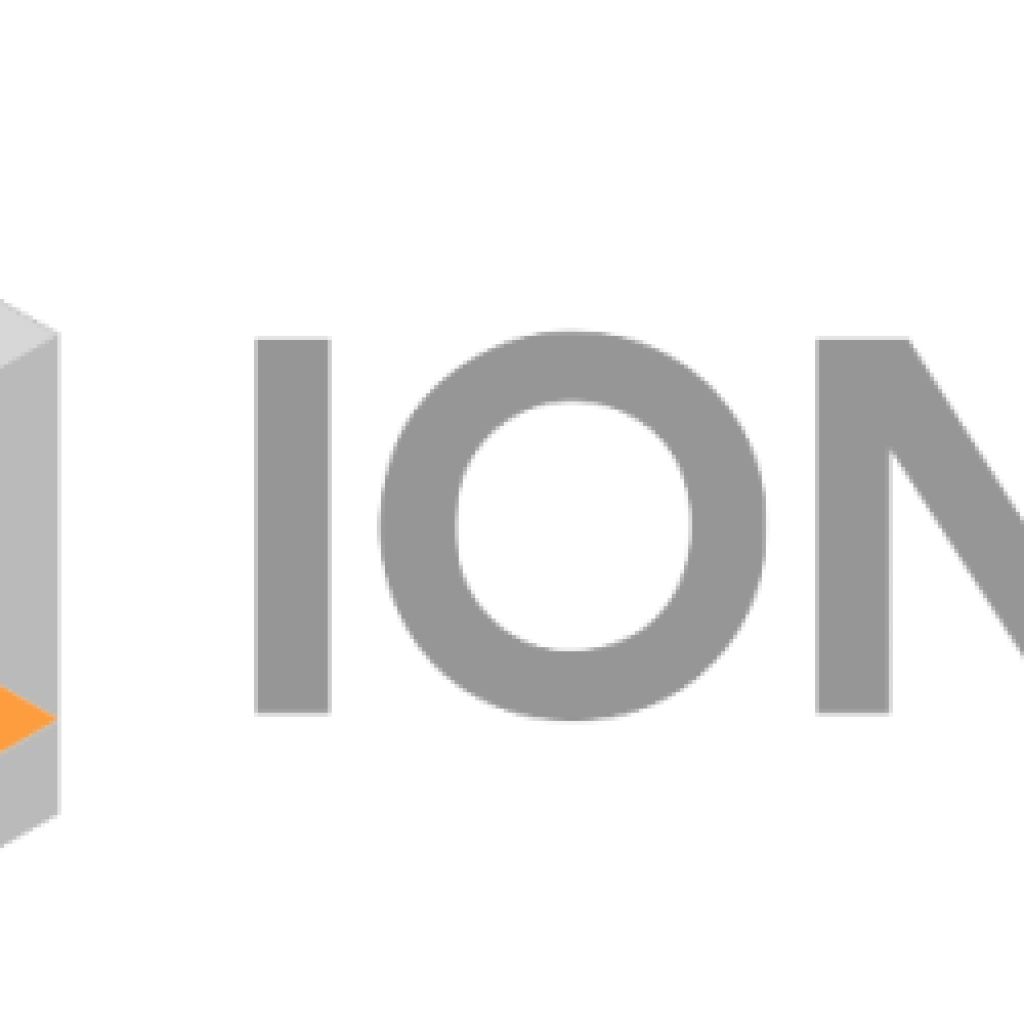(Forbes) Paul Smith-Goodson, an Analyst-in-residence for Quantum Computing at the Moor Insights and Strategy Group delves into the partnership recently announced by IonQ quantum computing and Hyundai Motor Company on using quantum computing to study lithium compounds and battery chemistry. The partnership combines IonQ’s quantum computing expertise with Hyundai’s lithium battery knowledge. IQT-News summarizes Smith-Goodson’s discussion.
Moore spoke with Dr. Jungsang Kim, IonQ’s Chief Technology Officer. Dr. Kim co-founded IonQ along with Dr. Christopher Monroe.
Batteries are not only a significant cost component of electric vehicles, but the devices are also an important differentiator for vehicle range in the consumer market. The partnership aims to create an advanced battery chemistry model for quantum computers. Such a model would require an advanced quantum computer equipped with high quality logical qubits and capable of running very deep quantum circuits. It also requires the use of a quantum algorithm that makes looping calculations through a classical computer to optimize molecular energy levels.
IQT-News: IonQ, Hyundai aim to improve electric vehicle batteries via quantum simulation
Simulating the behavior of matter at the atomic level will also be an important application for future fault-tolerant quantum computers to develop new types of material and pharmaceuticals.
“The technique we are developing with Hyundai can be readily applied to other molecules with similar levels of complexity,” Dr. Kim said. “Over the coming years, we are excited to develop quantum computers that can handle simulations of increasing complexity, providing even more value to our customers.”
Hyundai believes that quantum chemistry simulation will help discover new ways to improve the next generation of lithium batteries. Hyundai is not alone in that belief. Volkswagen and Daimler-Benz are also experimenting with quantum computing and battery chemistry.
The IonQ-Hyundai team plan to research battery charge and discharge cycles, durability, capacity, and safety. Improvements in these areas will result in batteries with improved performance and safety and an extended range.
The International Energy Agency estimates that almost 15 million electric vehicles will be sold in 2025 growing to over 25 million sales in 2030. During that time frame, Hyundai projects it will sell 560,000 electric vehicles annually and become one of the top three electric vehicle manufacturers by 2025.
